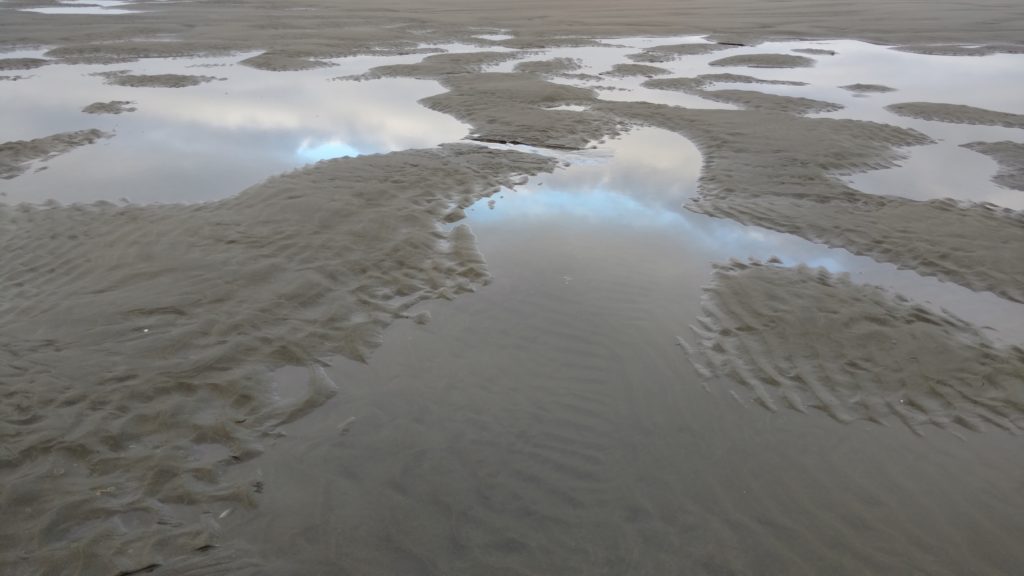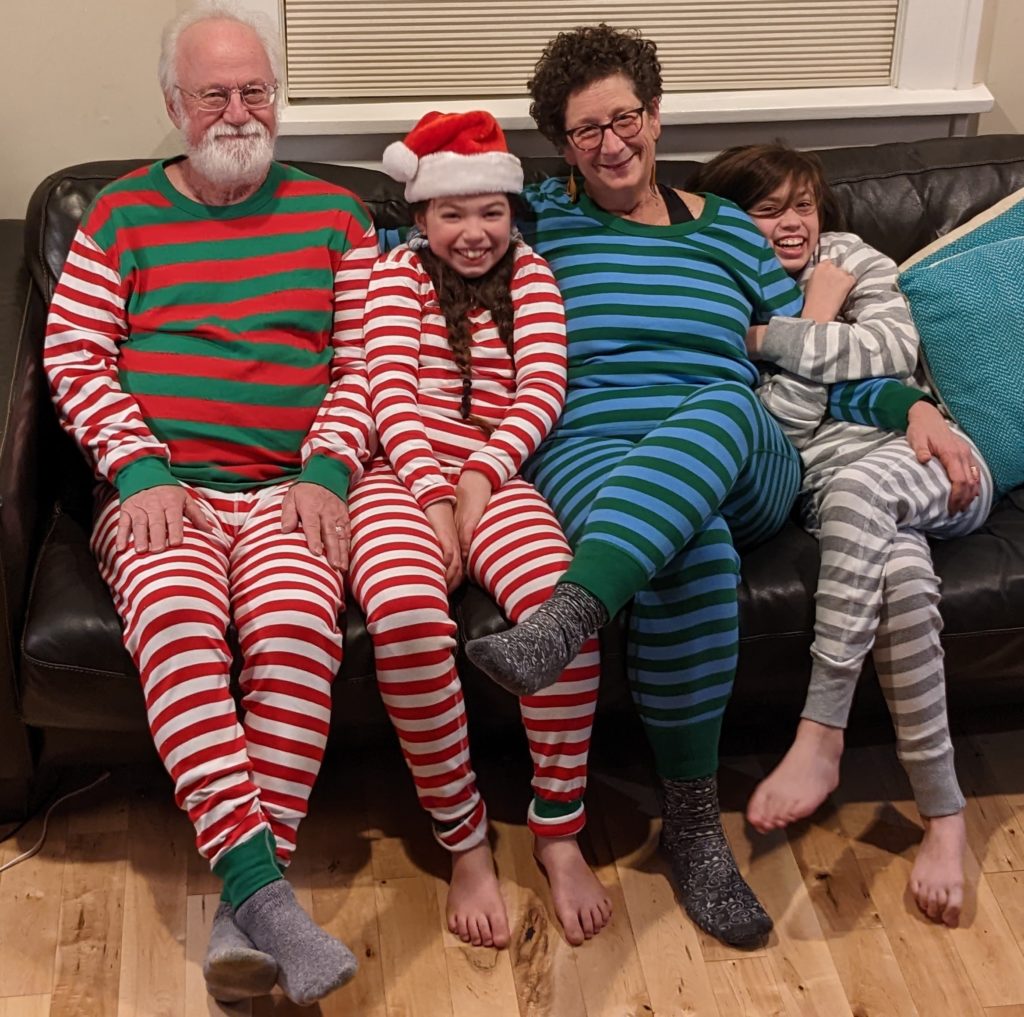Unfinished, unstructured and clear as mud…

A group of my LS pals gathered online this week to ponder the role of AI in our Liberating Structures (LS) practices. It was sparked by an experiment by a professor (For details, look here) to design a student experience using LS. The gist was, can AI (in this case, ChatGPT) help us design the gatherings we are creating. In LS parlance, this would be to suggest a “string,” a series of LS.) Can AI coach us to make the widespread use of LS across many (all?) contexts. Will this make it easy and enable less experienced users to successfully use LS? In other words, can AI be my LS coach? Keith McCandless wrote up his thoughts here.
Liberating Structures, for those new to my blog, are simple structures to unleash and engage participants. Read more here. They have become central to my practice, so yes, I obsess about them. A lot!
Using AI for LS Onboarding & Leveling Up
My experience teaching and coaching LS is that onboarding and use of 30-60% of the structures is pretty darn easy, painless and can be done by following the instructions, or by a direct experience of a structure led by someone else. Then you can dive in. I think AI would be icing on the cake for basic application IF one knew useful prompts for the LLM (Large Language Model – the thing that sits underneath tools like ChatGPT. And perhaps the cake is rich enough to be eaten plain.
But is there something more? I wanted to begin to explore HOW we might use AI and develop some min specs of WHEN we would benefit from using AI. Of course, with a little side dish of the risks and rewards.
The next level of LS practice is stringing structures into a coherent flow of a meeting or gathering agenda and being ready to switch to different LS as things emerge. This ability to work in complex and emergent contexts is a key value of LS so learning how to do that seems useful.
This level of practice starts with some of the basics of good meeting practices, mainly having a PURPOSE to start with. Without a clear purpose, or at least full awareness of that lack of clarity, we can fall into the trap of doing a structure to just, well, DO a structure. In experimenting with ChatGPT, I could give it a simple purpose and it would generate a fairly basic structure. In the limited number of trials I did, the AI gave me a pretty stable set of structures that I would consider the “easier to learn” type. So this type of suggestion might be inspiration for a new practitioner or give some sense of confidence. Most folks don’t need much more coaching for this level of application. It may also lead to MISSING out on other, less mentioned structures. My few experiments did not provide much opportunity for leveling up.
On the downside, vague prompts produce vague and sometimes downright awful results. So being skilled at prompts, or having access to a library of fairly basic prompts that can be customized by context seems essential.
Next we have a still limited LS related dataset in the current versions of tools like ChatGPT. Yes, we expect this to evolve and improve. But reliability is an issue. What happens when bad examples and data populates the corpus of data? What are the risks of “bad” advice (bias, baseline data, response to poorly worded prompts)?
When you circle back to get sources to the suggestions offered by ChatGPT, you can get garbage. I was offered imaginary papers by people I knew. I asked them, “did you write this paper?” No, they didn’t. We need our crap detectors!
For transcripts of some of my experiments see here and here, a ChatGPT composed musical (yeah, not related), and an attempt at a prompt template Keith McCandless and I were playing with.
Using AI to Spread Liberating Structures
If one had access to this AI coach, would it increase the adoption of LS? I can imagine a world where it could increase adoption if there were some sort of front end that could help users develop useful prompts, point them to supplemental/complementary resources and hook them up with other practitioners. For simple stringing, once we have a good database, it could be really handy.
I do not have enough imagination to figure out how I would measure this. My experience and intuition tell me that some people would find this an ideal way of learning and using LS. They just want to get a good result from their meeting and aren’t looking to be deep LS practitioners. Or at least, not yet. (It can suck you in!) So I can imagine this is a useful area of exploration.
So, risks?
The downside of learning LS via an AI may not be much more than the downside of “read and run” any particular LS. You might get ok, good, or even better results on your own. But I’d bet some good chocolate that the range of results would trend towards better if one practiced LS with other LS practitioners. It’s good social learning practice!
That said, I think there are some specific risks. For example:
- The newer you are to LS, the less chance you will be good at writing useful prompts to learn and string LSs.
- One could learn a very limited set of LS which may serve OK, but miss the deeper and broader potential of a fuller LS practice.
- The data for LS stuff is still limited, narrowing the diversity of depth of LLM responses.
- The tools like ChatGPT still generate garbage. How would a new (or even experienced) practitioner know what is garbage? Our crap-detectors are not always well functioning!
- Tech dinosaurs and people who have neurodivergent experiences may not find current iterations of LLMs useful.
- As a practitioner, if one always works alone and never sees how other people use LS, it would be a loss. There is HUGE value in the LS network and communities that could be lost if one just focuses on what an LLM generates. Yes, just my opinion!
OK, your turn. What have you experimented with in terms of LS and AI? Your thoughts, ideas and suggestions?
